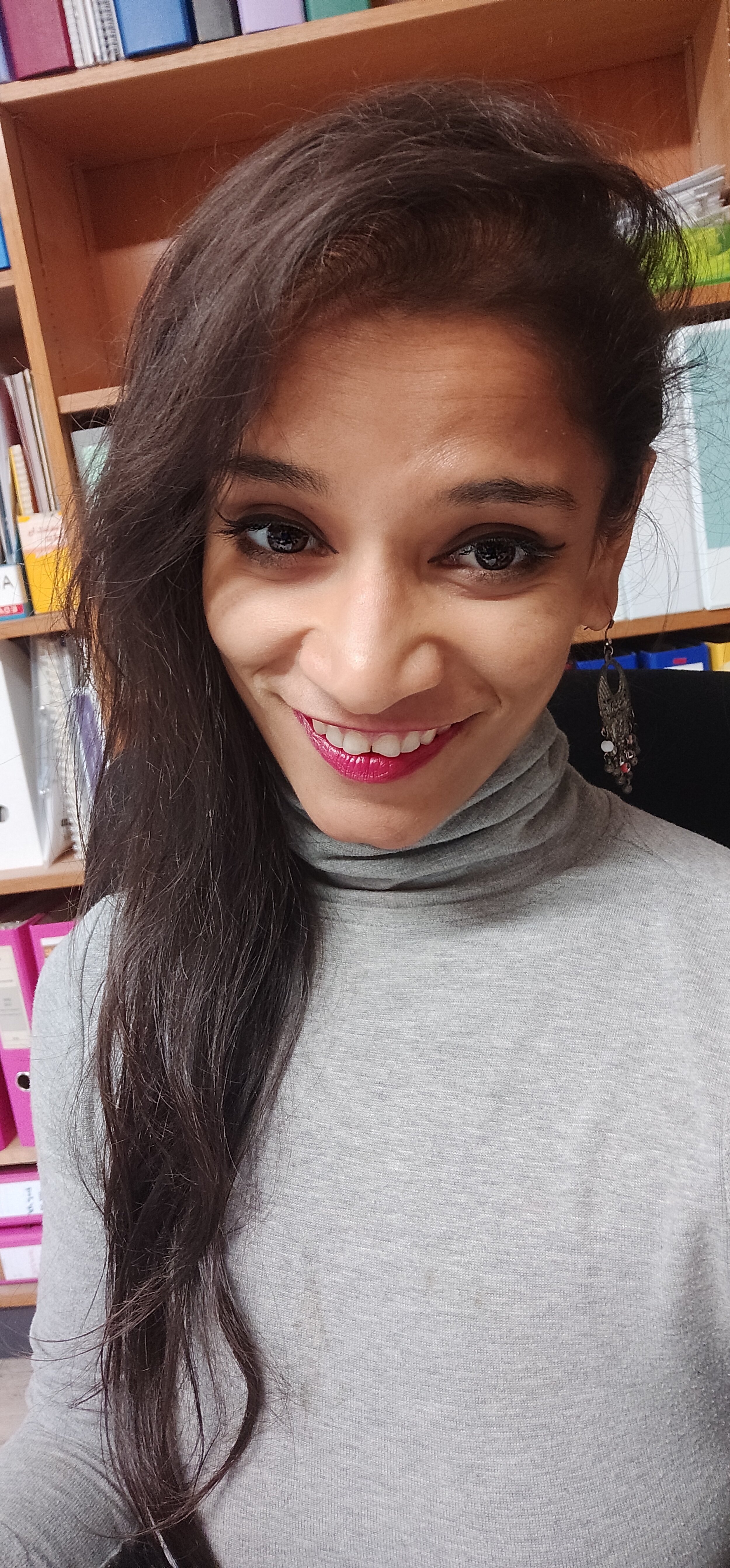On the International Day of Persons with Disabilities, this unprecedented year draws particular attention to the unique challenges faced by persons with disabilities in the context of the COVID-19 pandemic—specifically their heightened risk of being subjected to violence. As domestic abuse rates soar, this vulnerable population endures a lack of disability-centred support services, abuse shelters that are not fully accessible, and a lack of disability mainstreaming within policy responses. Mental health services are scarcely budgeted for within national healthcare policies, and the situation is worsened in middle- to lower-income countries. Additional challenges arise related to persons distance from medical facilities, lack of adequate infrastructure or trained medical personnel, and widespread stigmatisation of persons with disabilities.
As a result of such structural failings, families unable to access appropriate healthcare services for their disabled relatives often resort to services not operating under the auspices of the state. Given the existing misconceptions and lack of awareness regarding disability among marginalised communities, they are more likely to approach faith healers, shamans, and other such “healing centres,” many of which are affiliated with religious organisations. Family members with disabilities are often admitted and then completely abandoned, with few visits from or access to family members. The United Nations Committee on the Rights of Persons with Disabilities condemns this institutionalisation as a deprivation of liberty, yet it remains common practice enabled by the absence of any judicial oversight.
SHACKLING AS “TREATMENT"
A particularly inhuman and degrading practice extensively studied by Human Rights Watch and found in over 60 countries, is that of shackling—or physically restricting the movements of persons with psychosocial disabilities, usually in confined spaces. This practice occurs in remote areas within a number of Global South countries, including Afghanistan, Burkina Faso, Cambodia, Ghana, Indonesia, Kenya, Liberia, Mexico, Mozambique, Nigeria, Sierra Leone, Palestine, South Sudan, and Yemen.
Persons with psychosocial disabilities are thus physically chained, often in overcrowded and unhygienic conditions, in which they must eat, sleep, defecate and urinate in the same place. They are also subjected to cruel, inhuman, and degrading treatment in the form of forced ingestion of substances (of questionable medical efficacy), beating, starvation, and forced labour. Women and girls are often chained within open facilities where male “doctors” can enter as they please, heightening both feelings of insecurity and risks of abuse and violence. Women and girls with psychosocial disabilities are even referred to as “witches;” a lack of understanding leads to misplaced and dangerous attribution of the disability to past sins, possession by evil spirits, or impiety.
Psychosocial disabilities are, even among the full range of disabilities, often particularly stigmatised and among the least understood. The Disability Rights Fund describes psychosocial disabilities as “episodic, invisible and often not well-identified,” characterised by sometimes erratic behaviour that calls for a supportive—not punitive—response. This lack of understanding has unfortunate long-term implications, including discriminatory legislation and policies that deprive such persons of their legal capacity and liberty and increase their susceptibility to violence, abuse, and other ill-treatment both in home and institutional settings.
The COVID-19 pandemic compounds existing problems. Disabled detainees being chained together in physically confined spaces precludes the possibility of social distancing or access to adequate hygiene and sanitation facilities. The proliferation of such practices, under the law enforcement radar, represents a dangerous threat to the rights and fundamental dignity of persons with disabilities.
INTERNATIONAL HUMAN RIGHTS OBLIGATIONS
The United Nations Convention on the Rights of Persons with Disabilities (CRPD) is one of the most widely-ratified treaties, with 165 states legally bound to its provisions. The Convention requires humane and equitable treatment of persons with disabilities. Many of the countries within the aforementioned Human Rights Watch report have actually banned the problematic practices referred to above, but enforcement mechanisms remain ineffective.
The United Nations Convention on the Rights of the Child (CRC) has even more ratifications, with 170 states having done so, and its provisions include reference to the rights of children with disabilities. The United Nations Convention against Torture and Cruel, Inhuman and Degrading Treatment is also particularly relevant, given that the mistreatment described above may amount to torture, proscribed under the Convention and customary international law. The jurisprudence of the Committee of Economic, Social and Cultural Rights likewise affirms states’ obligations to protect their citizens, particularly within the realm of adequate standards of healthcare.
Human Rights Watch provides recommendations to various stakeholders, urging international donors to support the development of adequate national healthcare services and requiring national governments to effectively enforce any bans on shackling and related practices and to progressively develop community-based support services. The implementation of these recommendations relies upon the political will of states to eliminate stigma and discriminatory practices, such as criminalisation, accompanied by adequate educational measures to empower communities to make informed choices.
The formidable body of existing international human rights law must thus be effectively applied to address the needs of disabled people. Together, all stakeholders must work to raise awareness, challenge degrading practices, and present a united front in the face of injustice faced by this marginalised community.
Pallavi is a student at the University of Vienna, currently completing her Master of Arts in Human Rights. She has extensive experience in the fields of education, women's rights, community organization and development, and aims to channelize her research interests towards actionable change for vulnerable and marginalized populations.

